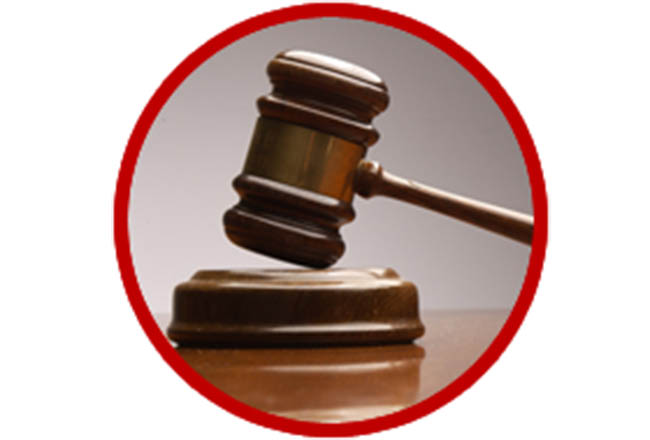Nishnawbe Aski Nation responds to Kokopenace Supreme Court Ruling
 THUNDER BAY: Nishnawbe Aski Nation (NAN) Deputy Grand Chief Alvin Fiddler responded to the Supreme Court of Canada’s decision released today in the landmark case R. v. Kokopenace on the underrepresentation of First Nation people on jury rolls.
THUNDER BAY: Nishnawbe Aski Nation (NAN) Deputy Grand Chief Alvin Fiddler responded to the Supreme Court of Canada’s decision released today in the landmark case R. v. Kokopenace on the underrepresentation of First Nation people on jury rolls.
In its majority decision, the Supreme Court ruled that Ontario made reasonable efforts to compile a jury roll that included First Nations, and that First Nations essentially chose not to participate. The majority Court, however, seems to have lost track of the facts as the underrepresentation of First Nations on jury rolls was revealed at the Kashechewan Inquest 2008.
“The Government of Ontario, from 2000 to 2008, kept First Nations in the dark about not having access to current band population information. When NAN and Aboriginal Legal Services Toronto demanded answers in 2008 the Ministry of the Attorney General ignored our pleas for answers for another three years until the Courts intervened,” said Deputy Grand Chief Fiddler. “How could First Nations elect not to participate when they had no idea they were being excluded?”
The Court also ruled that First Nations occupy no special place in society, they are simply another small “societal group” that warrants no special treatment.
“The Courts have consistently recognized the important and unique role that First Nations occupy as a partner in attempting to fix a broken relationship,” said Fiddler. “This decision calls into question these important advances in the partnership and represents a serious setback for the relationship between Aboriginal People and the Canadian justice system. It appears as though the Honour of the Crown does not apply here.”
The 2013 Court of Appeal decision by Justice Harry LaForme in R. v. Kokopenace called the Government of Ontario’s efforts to meet its constitutional obligation to include First Nation people on Ontario juries sorely lacking, and set a high standard for the inclusion of First Nations on the jury roll. Today’s decision by the Supreme Court effectively lowers that standard.
“We are deeply disappointed that the majority court has appeared to lower the standard for government to be inclusive of our communities. This decision sends the inevitable message that First Nations choose not to be part of the justice system when nothing could be further from the truth,” said Fiddler. “In fact, we have proven this in the volunteer jury exercise just completed. How government chooses to engage on a Nation-to-Nation basis will determine the outcomes, and it is unfortunate that this decision doesn’t seem to recognise that.”
The 2011 Pierre v. McRae decision overturned Dr. David Eden’s decision about the jury roll for the Bushie Inquest – a decision has never been appealed. That decision has led to the progress that has been made to date including to report on First Nation representation on Ontario juries by the Hon. Frank Iacobucci, the Debwewin Jury Review Implementation Committee, and NAN’s volunteer jury roll initiative.
NAN is now calling for express statement by the Attorney General of Ontario reaffirming her commitment to engage with First Nations through the processes NAN has worked so hard to establish.
“None of this progress would have been made if NAN had not waged these battles and succeeded in the court on this issues, and we are deeply saddened that the Supreme Court doesn’t seem to recognize that. It is clear that the courts are unable to be part of the solution,” said Fiddler. “The Ministry of the Attorney General launched this tiring and expensive appeal, and we are asking that they formally re-commit to the efforts that are currently being undertaken to identify and resolve these issues.”
For more information please contact: Michael Heintzman, Director of Communications – Nishnawbe Aski Nation (807) 625-4965 or cell (807) 621-2790 or by email mheintzman@nan.on.ca


